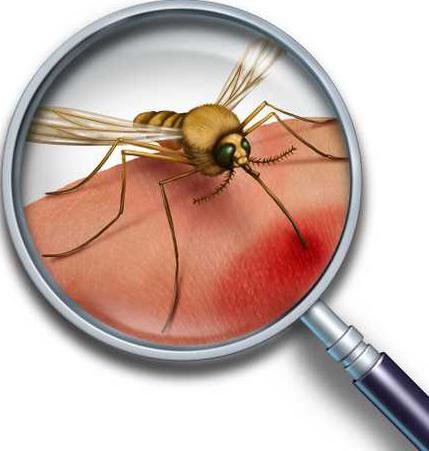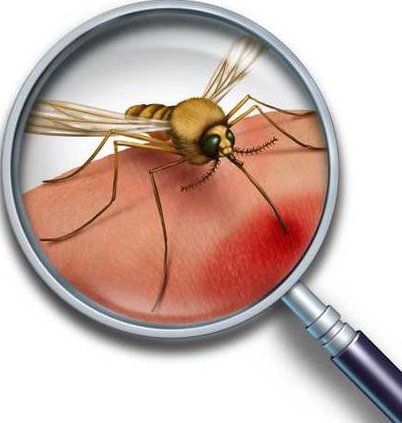

By UGA Extension Agent Blake Carter
Hello, Effingham County!
Man, it has been a great few weeks getting settled in here. The people I have met so far have been extremely welcoming.
I wanted my first article here to be on one of the most annoying pests we all deal with on a daily basis when it is hot and muggy — mosquitoes. These blood suckers can take the fun out of any SOCIALLY DISTANCED social event. (Gotta make sure we clarify these days).
That is why I think spreading the word on how to minimize these critters is a smart thing to do. I hope you find these tips and facts as helpful as I have myself!
To start, did you know there are 63 species of mosquitoes that are known to be found in Georgia? That is a huge variety of these critters flying around.
The good news is only 10 to 12 are actually pests to humans. That makes the fight a little more manageable.
Now, where do these 10-12 species commonly live? Typically, larval mosquitoes are found near or in salt marshes, swamps, ponds, woodland wetlands, roadside ditches, backyard pools and areas where there is standing water. You might be thinking, great, so basically everywhere near coastal Georgia.
Well, yes, that is true. Unfortunately, it can get pretty rough around these parts this time of year.
Before I get into those tips I wanted to give a quick refresher for the life cycle. A mosquito life cycle typically goes: egg, larvae, pupal and adult. The speed of this cycle is reliant on the temperature and food available.
Around here right now, the cycle is most likely on the faster side. As far as biting, both male and female feed on nectar from plants but only the females actually seek blood meals to get the nutrients to produce eggs.
Like similar blood-sucking insects like ticks, the irritation from the bites of these insects comes mainly from the saliva. This saliva actually causes that staple irritation and welts associated with the mosquito bite.
Most mosquitoes seek feeding at dusk or evening time but, if you have ever been to McIntosh County, you know this is not always the case. After working there during the summer months of my college years, I used to get eaten up around this time every year in the middle of the day. It was in a sheltered area, which is one reason they were so bad.
Two species that are commonly day hunters are the yellow fever mosquito and the Asian tiger mosquito. The Asian tiger mosquito has become a more common and serious nuisance than the yellow fever mosquito since its discovery in Georgia in 1994. These two species develop in artificial containers and are attracted to standing water in tires, buckets and barrels.
As far as the flight patterns, most mosquitoes can fly 0.5-1.5 miles from their larval habitat to seek their blood meals. The interesting thing to point out is this is the most varying aspect of mosquitoes. Some species can even fly 25-30 MILES from their larval site. The salt marsh mosquito is one of these species. Yet some species only fly a few hundred feet.
Like I mentioned with ticks, blood-sucking insects can carry diseases, in particular viruses. We all have heard of the Zika Virus due to its severity. The mosquitoes can transmit this disease from one host to the next. Serious illness and even deaths are result of mosquitoes.
According to Mosquitoreviews.com (it has compiled statistics from several other sources such as the CDC and EPA into one place), there are more than 2.7 million deaths every year as a result of mosquitoes. That is why the awareness of mosquito control worldwide has become a top priority.
I can continue on this and list all the diseases these insects can carry, but, to me that would get in the way of what really needs to be the focus of this blog post, which is control. If you are wanting to look up the diseases, visit the website above or visit the UGA extension website and search “mosquitoes!”
Now in a paraphrase from UGA football coach Kirby Smart, keeping the main thing the main thing, let’s get into control methods. I will break down control into three categories: Reduce, Repel and Suppress.
To reduce populations of mosquitoes in your area, you can avoid anything that holds water. This includes old tires, boats, tarps, blocked or clogged-up drainage in ditches and gutters, and really anything else that does not drain regularly. A rule of thumb is if you have something like a bird bath or planters that hold water, make sure you change out the water once a week at least.
To repel populations of mosquitoes, many of us use bug spray. While some bug sprays work better than others, make sure you are using an EPA-approved insect repellent.
Permethrin is NOT a repellent to apply to your skin and body. It is for clothing only. The best way to protect yourself if are going into a highly populated mosquito area is a mix of the insect repellent for your skin and clothes. Citronella products are also effective. Do not waste your time and money on electronic bug killers or sound repellents for repelling these insects. Also, fans can help repel mosquitoes as they do not like strong wind currents. If need be, a call to your local mosquito control or certified pest controller can also help a great deal.
The final method to control is suppression. This can be done by again eliminating standing water, using EPA-approved larvicides, Pyrethrin aerosols can kill mosquitoes in homes and residual insecticides such as bifenthrin, permethrin and cypermethrin can be applied to areas where mosquitoes rest during the heat of the day. (Shrubbery, underbrush, ect.)
For more recommendations on insecticides and control methods for you, contact our local extension office or myself directly and we can get you a set list of prevention measures!
Our summers and falls are meant to be spent outside in the evenings when that blistering heat goes down. Taking control of mosquitoes can insure that you have a safer, more comfortable, and relaxing fall and summer!
Joke of the Day: What is a vegetarian Mosquito’s favorite food? A Blood Orange!
If you have any questions, suggestions or want further information, please give me a call at or stop by the Effingham County Extension Office, (912)754-8040, 501 N. Richland Avenue, Rincon Ga., 31326.








